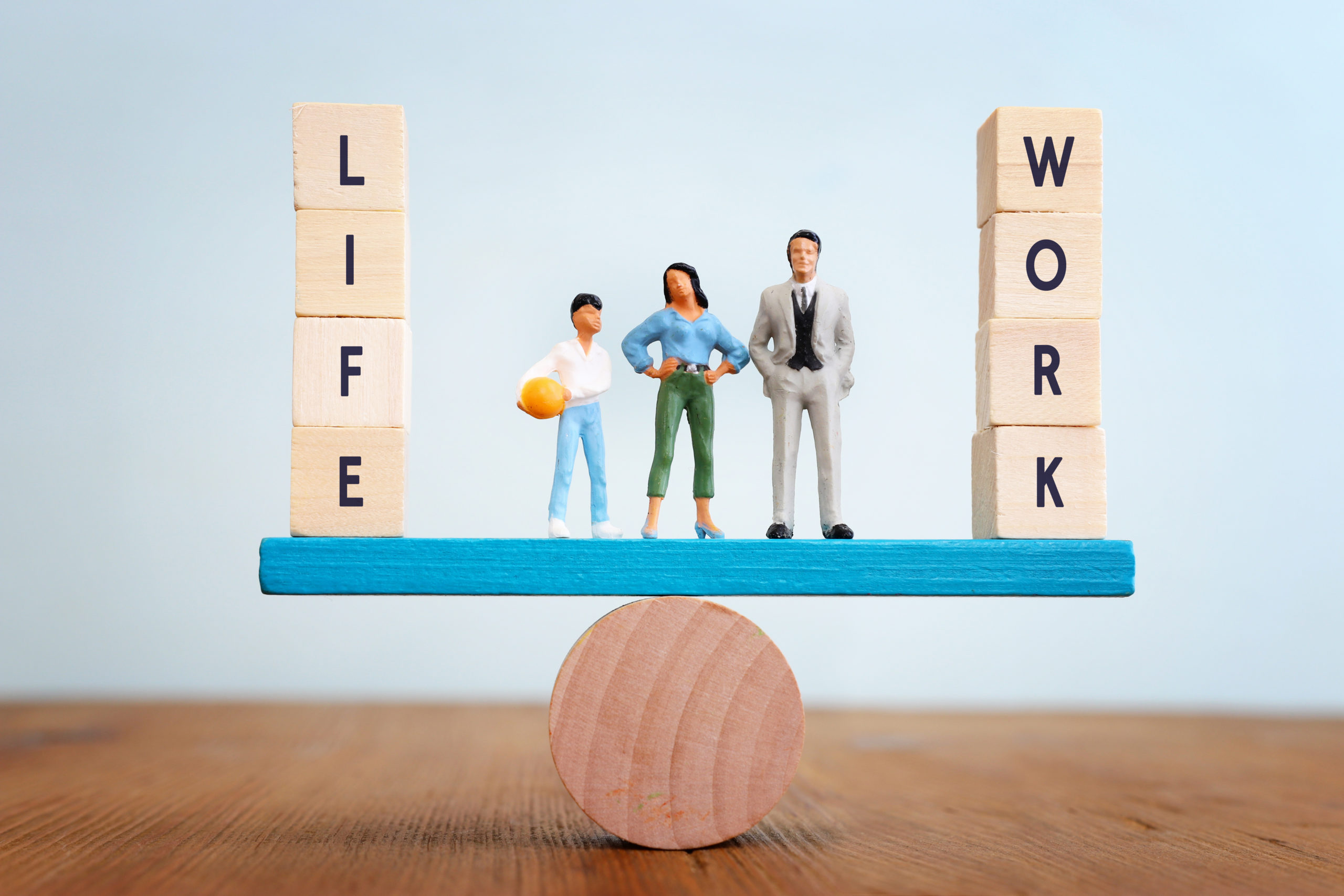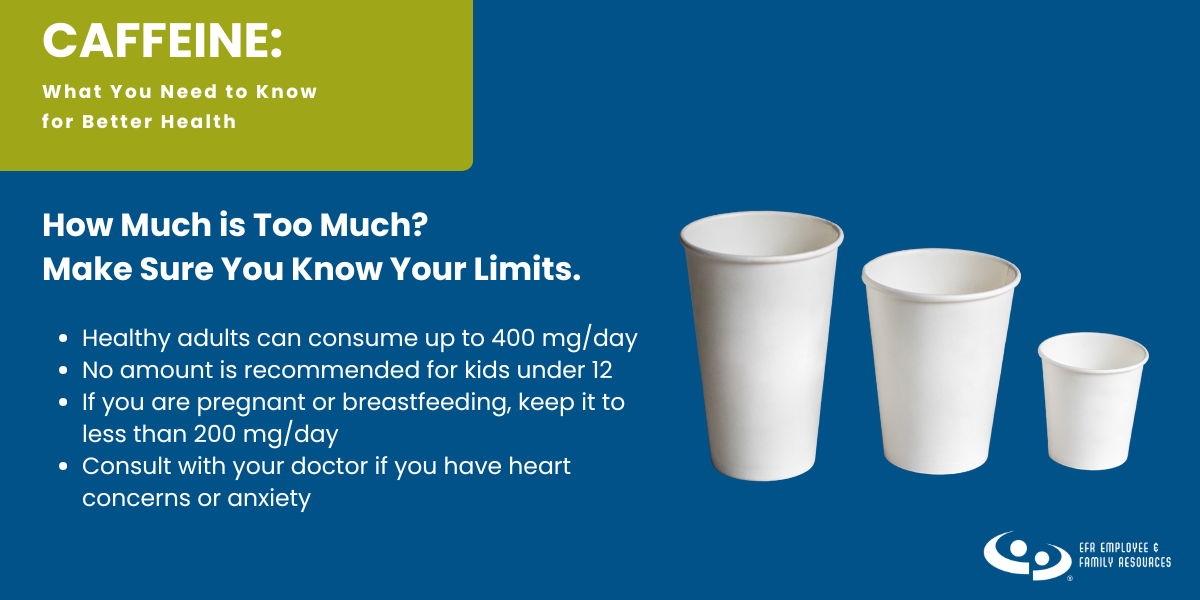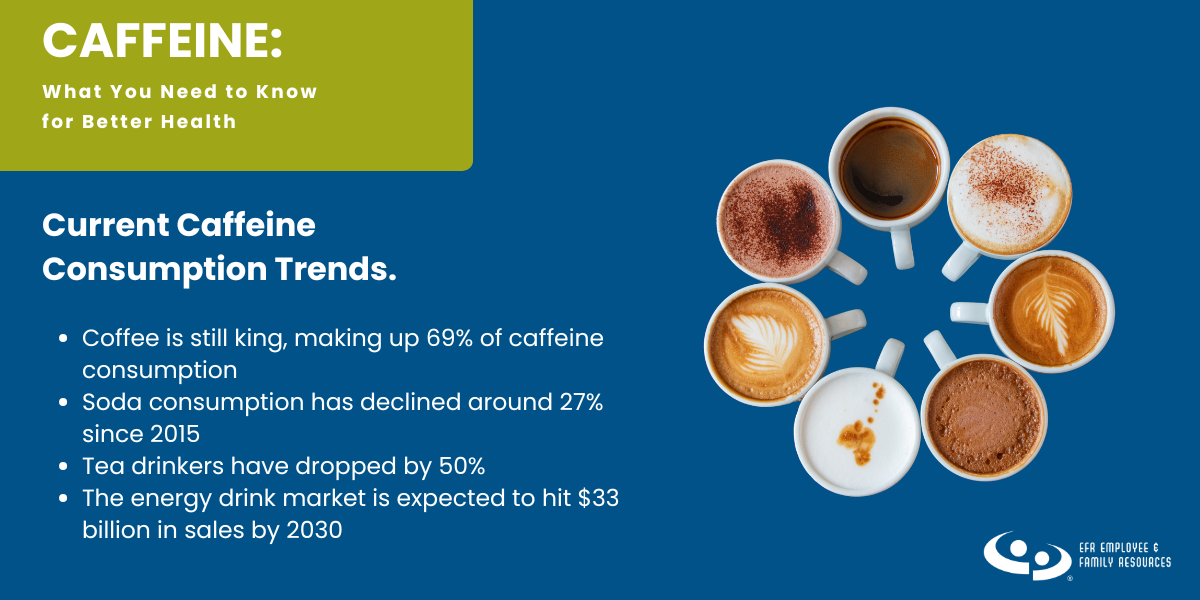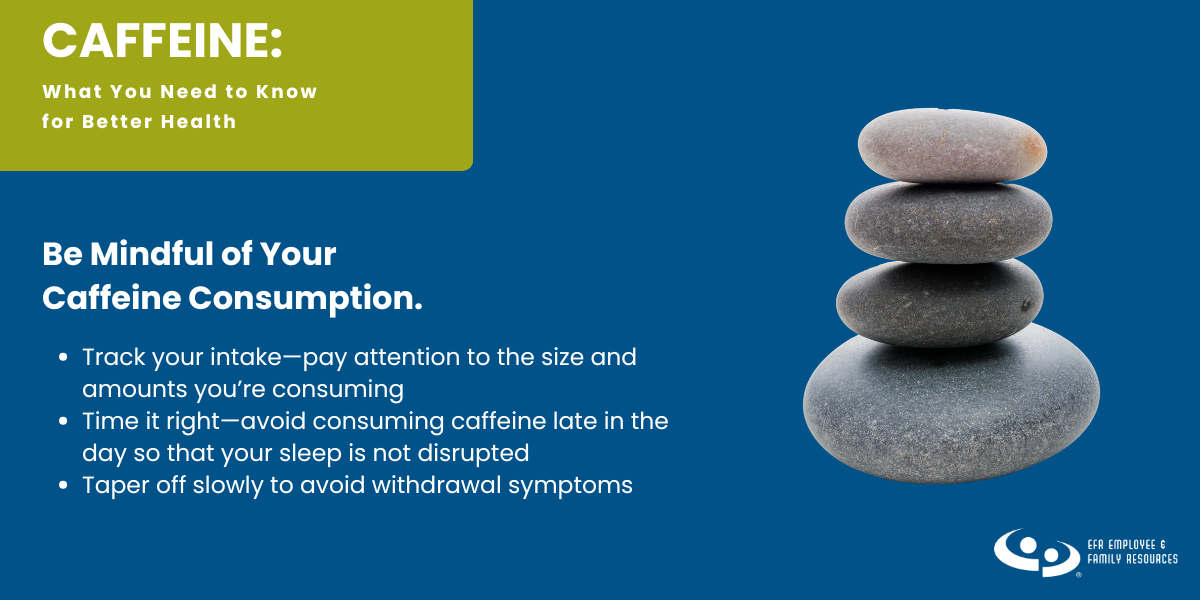The Benefits of Balance
Like all things, a balance between work and home is essential. Imbalance in one place has detrimental effects on both. Spending too much time in one area at the expense of the other can result in feelings of guilt, regret, and frustration. It can negatively impact self-esteem and can take a toll on our personal relationships. When we’re able to find equilibrium, we can be fully present and engaged in all areas of our lives, allowing for more happiness and fulfillment. Work-life balance is different for everyone, and what feels like balance for one person may feel out of balance for another. However, the end goal is the same- having enough time to pursue both work and personal interests.
Technology is Blurring Boundaries
With technology constantly evolving, smartphones and other devices allow us to stay connected more than ever before. But with constant connectedness comes constant accessibility and distraction. Because communication between managers and team members is just a few clicks away, the workday is no longer limited to an 8-hour time frame. In 2020, many of our workplaces shifted into our home spaces, further blurring the lines between work and personal boundaries. The compounding stress of the never-ending workday is damaging to relationships, mental and physical health, and overall happiness. Nearly 66% of full-time employees in the United States believe they have a work-life imbalance, and of those, over half report having missed important life events because of work.
Imbalance Hurts Everyone
Spending too much time at work means many of us are neglecting areas of our lives that make us more resilient to mental health problems. A survey by the Mental Health Foundation reports that employees with unhealthy work-life balance feel more irritable, anxious, and depressed. These outcomes impact job performance and frequently lead to poor morale and burnout. A work-life imbalance is bad for employers too- 41% of businesses experience high turnover and 36% report poor productivity.
However, when both sides of our lives are balanced, we work more efficiently and stay healthier. Balanced employees experience significantly less stress, resulting in healthcare expenditures that are 50% less than high-stress workers. Life balance is a subjective concept- as long as you feel happy and balanced there’s no need to change. But if you feel as if there’s an imbalance in your life, there are a few steps you can take to restore balance.
Listen to Related Podcast: Making it Work: Self-Care in the Workplace: On average, you will spend 1/3 of your life working so establishing healthy work routines and incorporating self-care in the workplace is essential for health and happiness. Learn what individuals, leaders, and employers can do to make self-care and wellness a priority and work for everyone.
Manage Time
If looking at your calendar of events sends you into a tailspin, recognize your tendency to overcommit. Learn to say “no” and recognize your limitations- let go of the urge to do it all. While at work, maximize your efficiency by limiting distractions – you can accomplish much more in a shorter period if you’re not frequently interrupted! If email notifications are distracting, turn them off, and set a reminder to check your inbox a few times each day to respond to messages. Ensure your most meaningful work is accomplished first by prioritizing your tasks.
Put Aside Perfectionism
Many overachievers develop a habit of perfectionism when they’re younger. As we grow, we gain more responsibilities that make perfectionism nearly impossible to attain. Avoid burning out by letting go of perfectionism and instead of striving for excellence.
Unplug
When you’re off the clock, make quality time truly quality time. Turn off notifications on your phone or commit to keeping your phone out of sight (and out of mind). Responding to updates at work during personal time often invites stress and doesn’t allow you to fully disengage and relax.
Don’t Sacrifice What’s Important to You
Exercise, hobbies, and relationships are key components in maintaining resilience. Try not to sacrifice these areas of your life to work longer hours as this can impact your quality of work, relationships, and physical and mental health.







